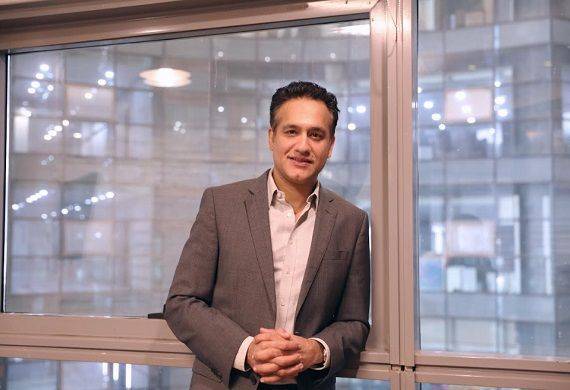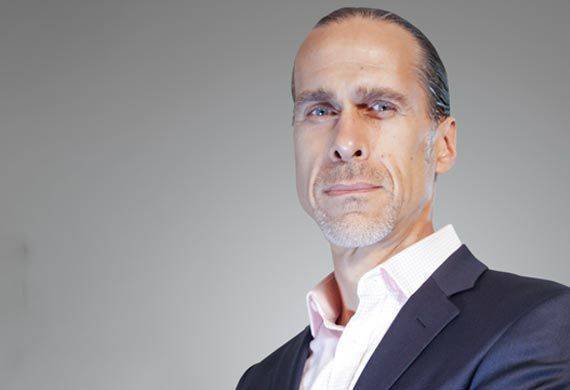Satya Nadella Warns: AI Era Could Threaten Microsoft’s Future
By Global Leaders Insights Team | Sep 19, 2025
.jpg)
Satya Nadella, CEO of Microsoft, has revealed that he is "haunted" by the possibility of the company failing to survive the era of artificial intelligence. Speaking at an employee-only town hall, Nadella was answering a question about a perceived change in the company's culture, but his response also revealed his personal concerns about the company's future.
Key Highlights
- Satya Nadella fears Microsoft may become irrelevant if it fails to adapt in the AI era.
- He warns that some of Microsoft’s strongest businesses might not survive rapid AI-driven changes.
"Some of the biggest businesses we've built might not be as relevant going forward," Nadella said at a town hall last week, according to The Verge.
Nadella cautions employees about the future of technology
He used Digital Equipment Corporation (DEC) as an example of a once-dominant technology company that failed to adapt to new technologies such as the Reduced Instruction Set Computing (RISC) architecture.
"Our industry is full of case studies of companies that were once great but have since disappeared. "I'm haunted by one particular one called DEC," Nadella said, adding that DEC, a leader in the early 1970s, faced competition from IBM and others, rendering it obsolete.
The CEO, who stated that his first computer was a DEC VAX and that he had always wanted to work there, reflected on what it takes for a company to not only thrive but also retain top talent.
Also Read: Satya Nadella Reflects on Moment when 3 Microsoft CEOs Unite for 50th Anniversary
"Some of the people who contributed to Windows NT came from a DEC lab that was laid off," Nadella added. His comments were in response to a UK employee who described the company's culture as "markedly different, colder, more rigid, and lacking in the empathy we have come to value."
The CEO of Microsoft recently told employees that the company needs to "do better" in rebuilding trust with its workforce, while accepting the perceived lack of empathy in the company's culture.
"I sincerely appreciate the question and the sentiment behind it. I take it as feedback for myself and everyone on the leadership team, because, at the end of the day, I believe we can and will do better," according to an audio obtained by sources.


